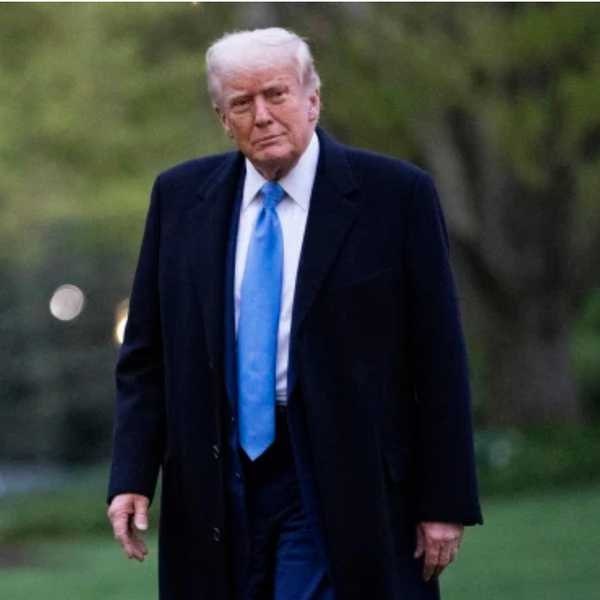Study: Reducing Carbon Emissions Actually Saves Money, Has Health Benefits

Opponents of carbon-reduction policies always argue that they’re too expensive. But a new study published in Nature Climate Change shows that popular proposals to cut carbon dioxide emissions not only help the environment, but can drastically lower health care costs. The savings in some scenarios are more than 10 times the cost of implementing the policies.
“If cost-benefit analyses of climate policies don’t include the significant health benefits from healthier air, they dramatically underestimate the benefits of these policies,” the study’s lead author, Tammy Thompson, told PHYS.org.
MIT researchers compared the health care and the economic costs of three different climate policies: a clean-energy standard, a transportation policy, and a cap-and-trade program. The clean-energy standard they used is similar to the carbon dioxide emissions reductions proposed in the EPA’s Clean Power Plan, which the agency proposed in June. The plan enforces tighter emission guidelines for power plants. As the EPA points out, “for every dollar invested through the Clean Power Plan, American families will see up to $7 in health benefits.”
The MIT researchers calculated the health care savings by looking at avoided medical care and sick days. They also noted how changes in emissions levels reduce air pollution, which can cause asthma attacks and lead to heart and lung disease. In 2011, 231 U.S. counties had ozone pollution levels that were higher than the EPA’s standards. And in 2012, air pollution caused around 7 million global deaths, making it the world’s largest environmental health risk, according to the World Health Organization.
The researchers found that savings from reduced health problems due to lower pollution levels can reach 10.5 times the cost of implementing the policy. The health care savings were about the same for each of the policies, but the total savings depended on how much the policies themselves cost. The transportation policy, which would regulate the miles-per-gallon that consumers could use, was the most expensive policy; reduced health care expenditures mitigated only 26 percent of its cost. But savings from health benefits were up to 10.5 times the price of implementing a cap-and-trade program. Savings from a clean energy standard were also more than the cost of creating that program, with $247 billion saved versus its $208 billion price tag.
But health isn’t the only reason that the EPA has emphasized that the United States needs a strong emissions reduction plan. Global temperatures continue to rise, which will make extreme weather even worse. The costs of dealing with these natural disasters will also continue to rise.
Congress has not taken any action in reducing carbon emissions, which isn’t too surprising, as many politicians still don’t think Americans should be worried about global warming.
But more than half of Americans support the EPA’s carbon reduction proposal.
AFP Photo/Patrik Stollarz
Interested in national news? Sign up for our daily email newsletter!








